Creating a Report Package
A Report Package is a collection of one or more Report Models. Report Packages are categorized into one of the seven types as highlighted below.
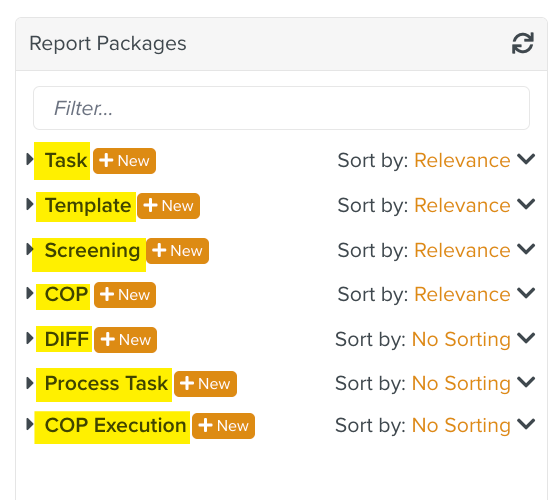 |
You can define Report Models based on the Project they belong to, their Suite and Package, Operation Plans and Functional Types.
Steps to Create a Report Package
To create a Report Package:
From the main menu, go to > >
 .
.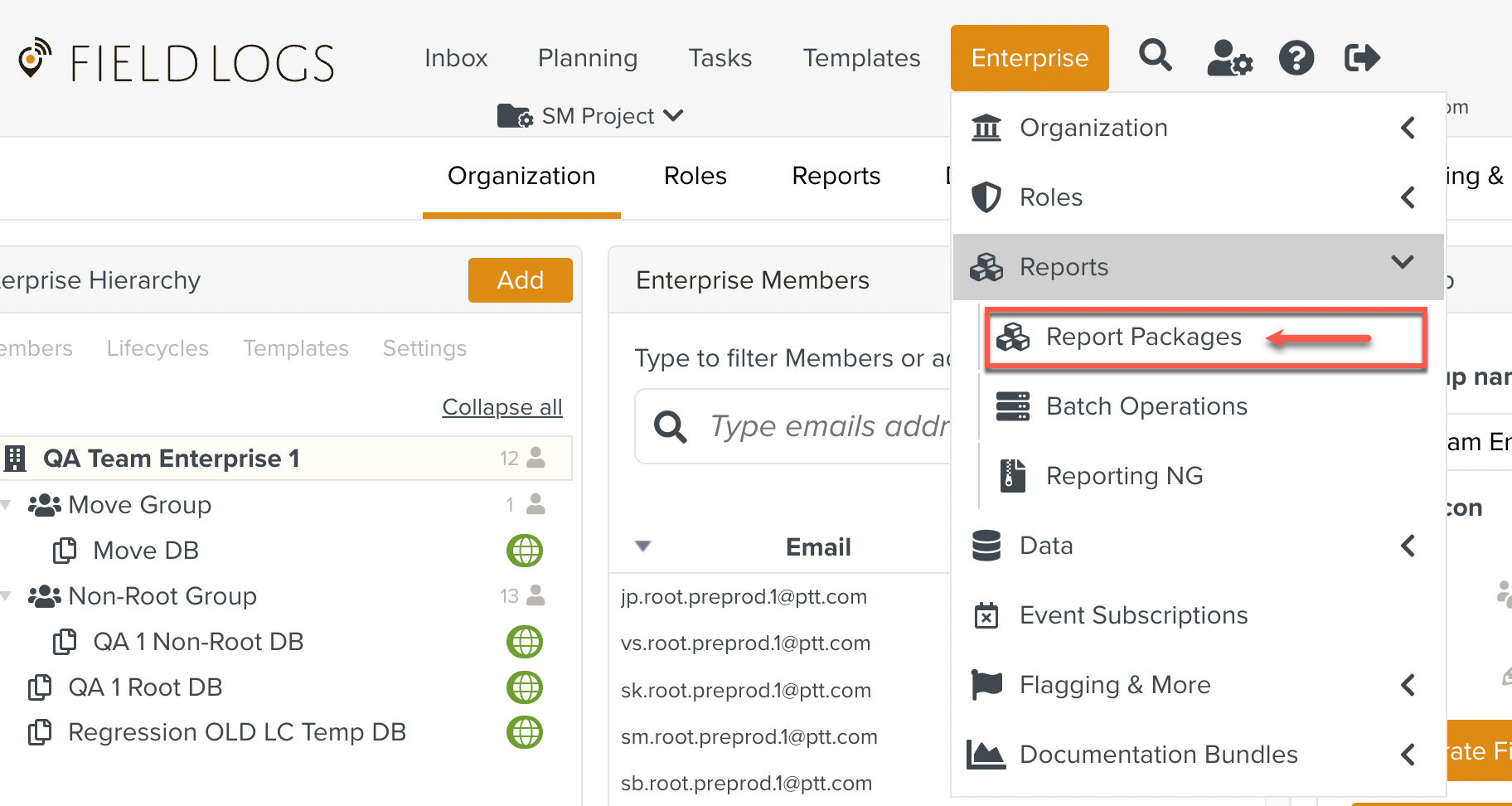
The page Report Packages opens.
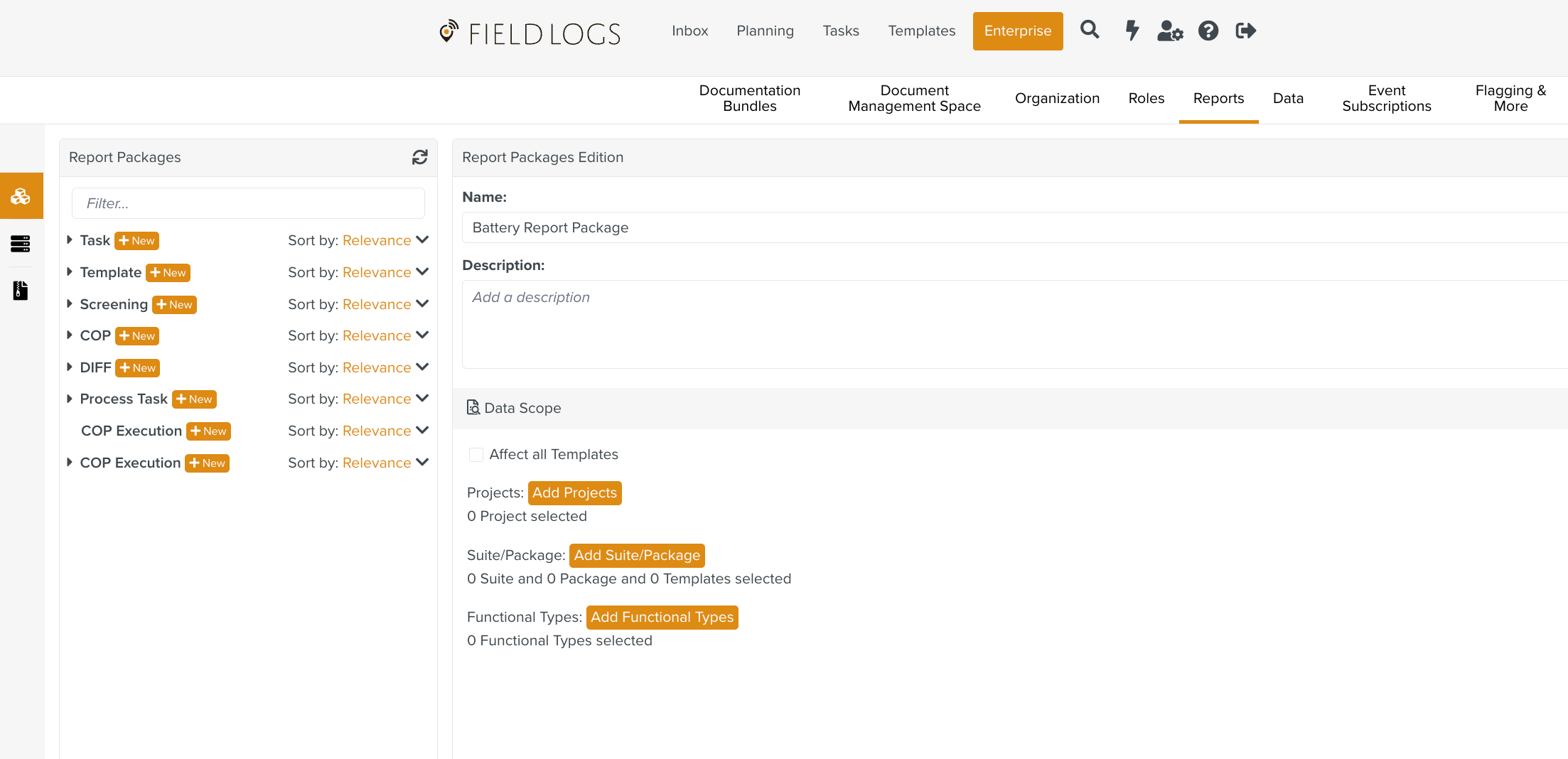
Click beside the required category.
Important
Each category differs in the structure of data and hence requires a different Report Model.
In the below example, the Templates category is selected.
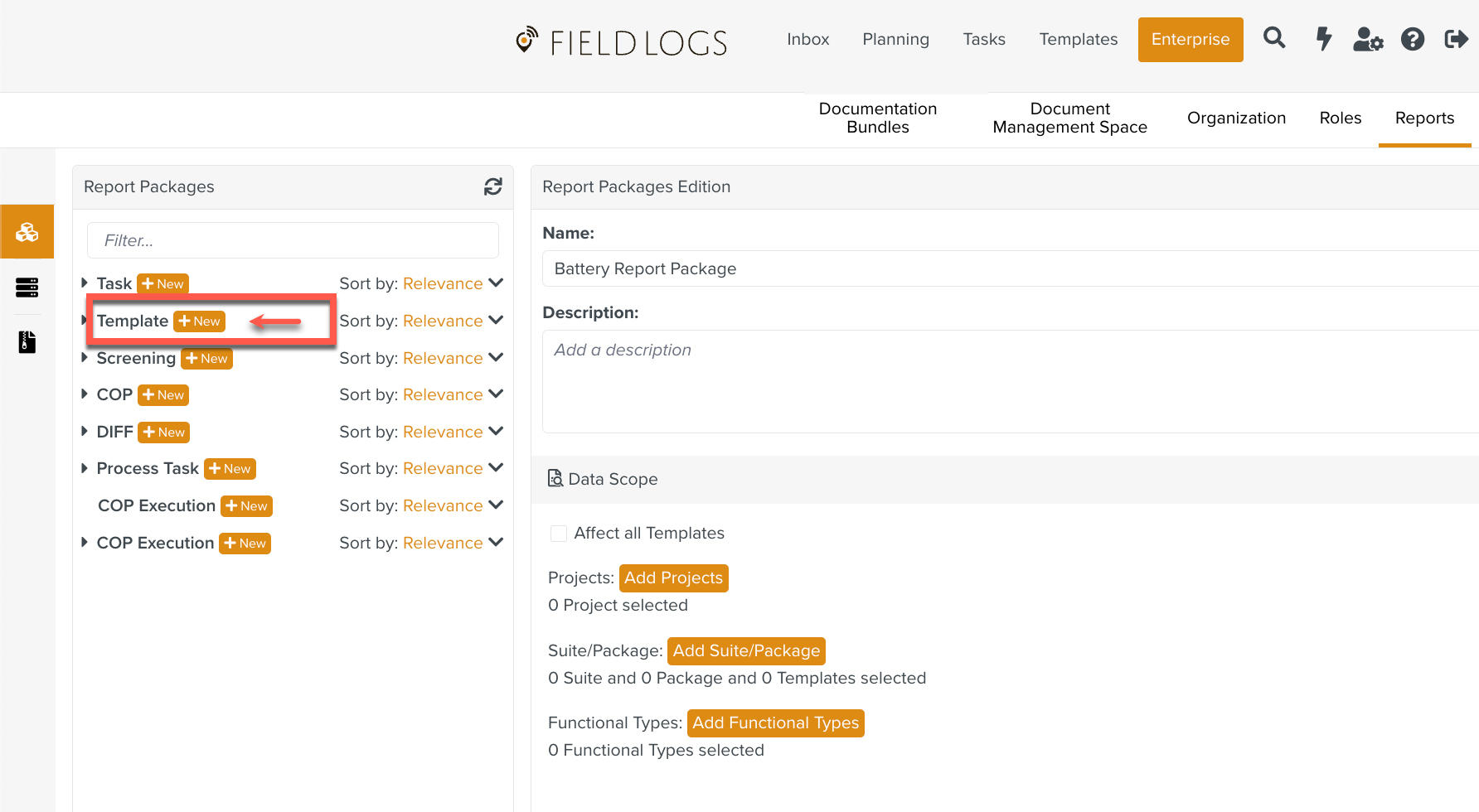
The dialog to enter the details of the Report Package is displayed.
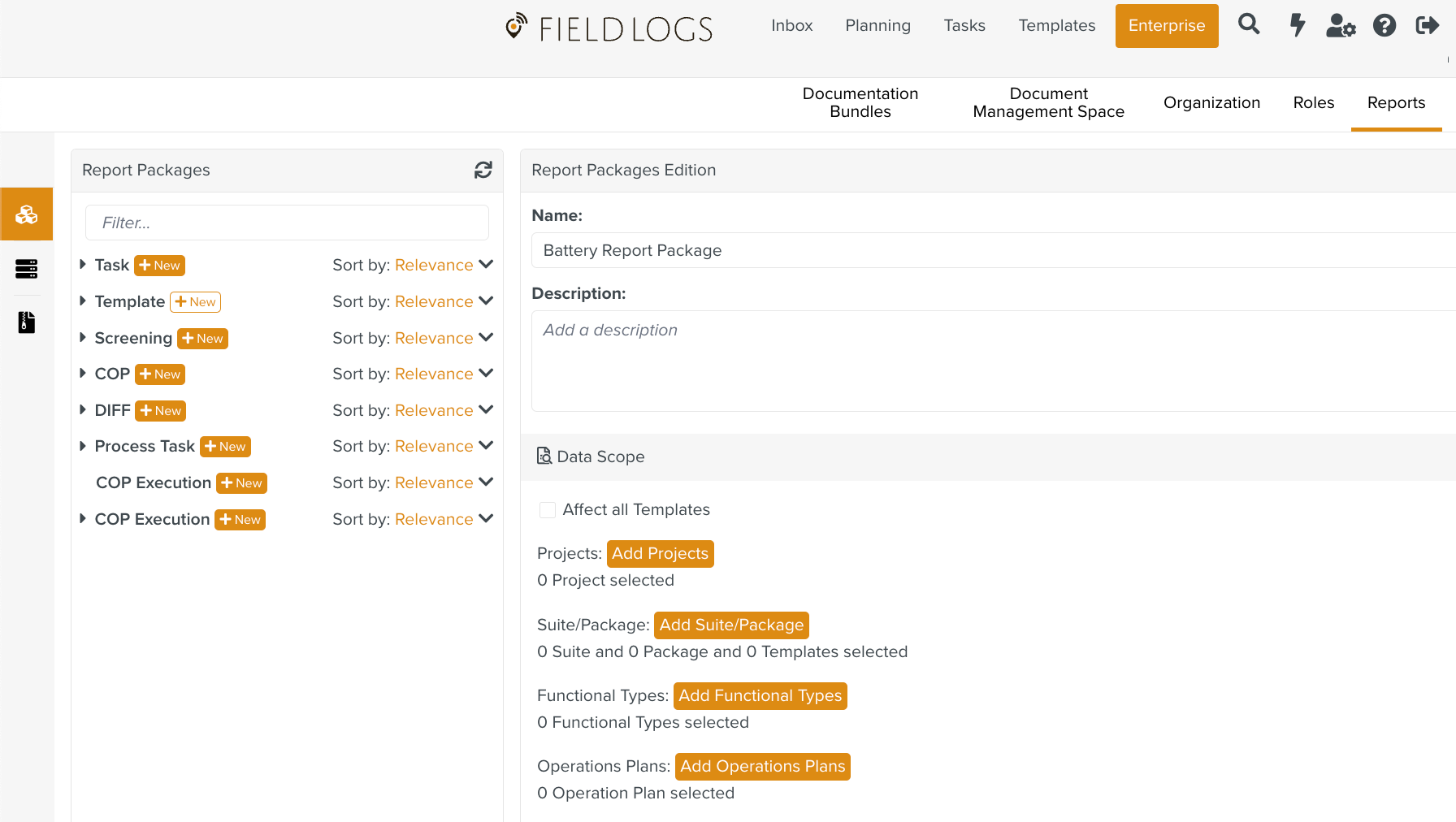
Enter the Name of the Report Package.
[Optional] Enter the Description of the Report Package.
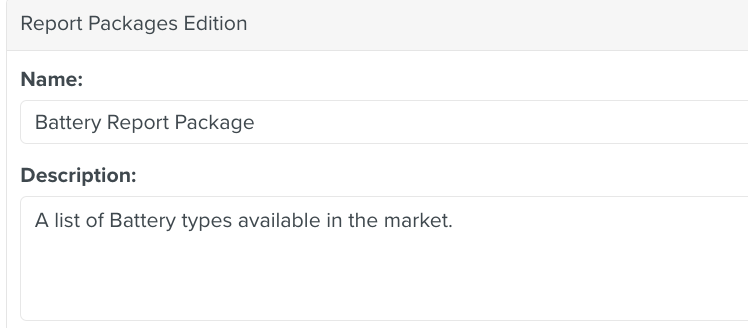
Choose the required Data Scope.
Affect all Templates allows the Report Package to be used by all Templates.
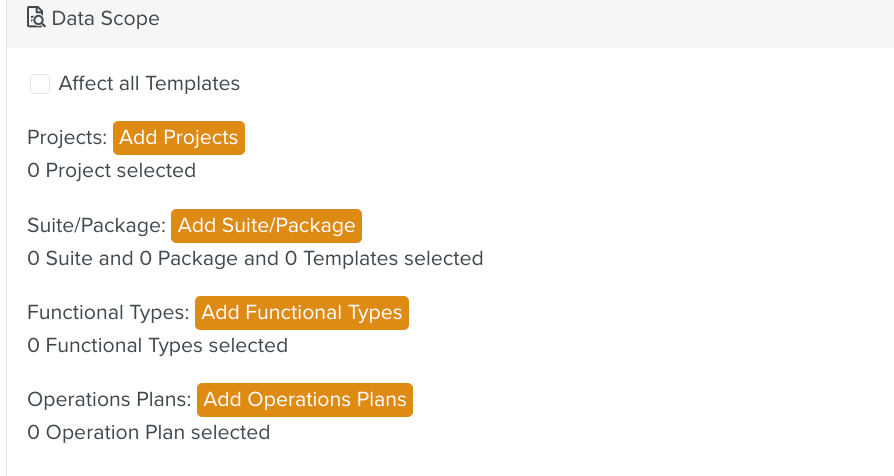
Click
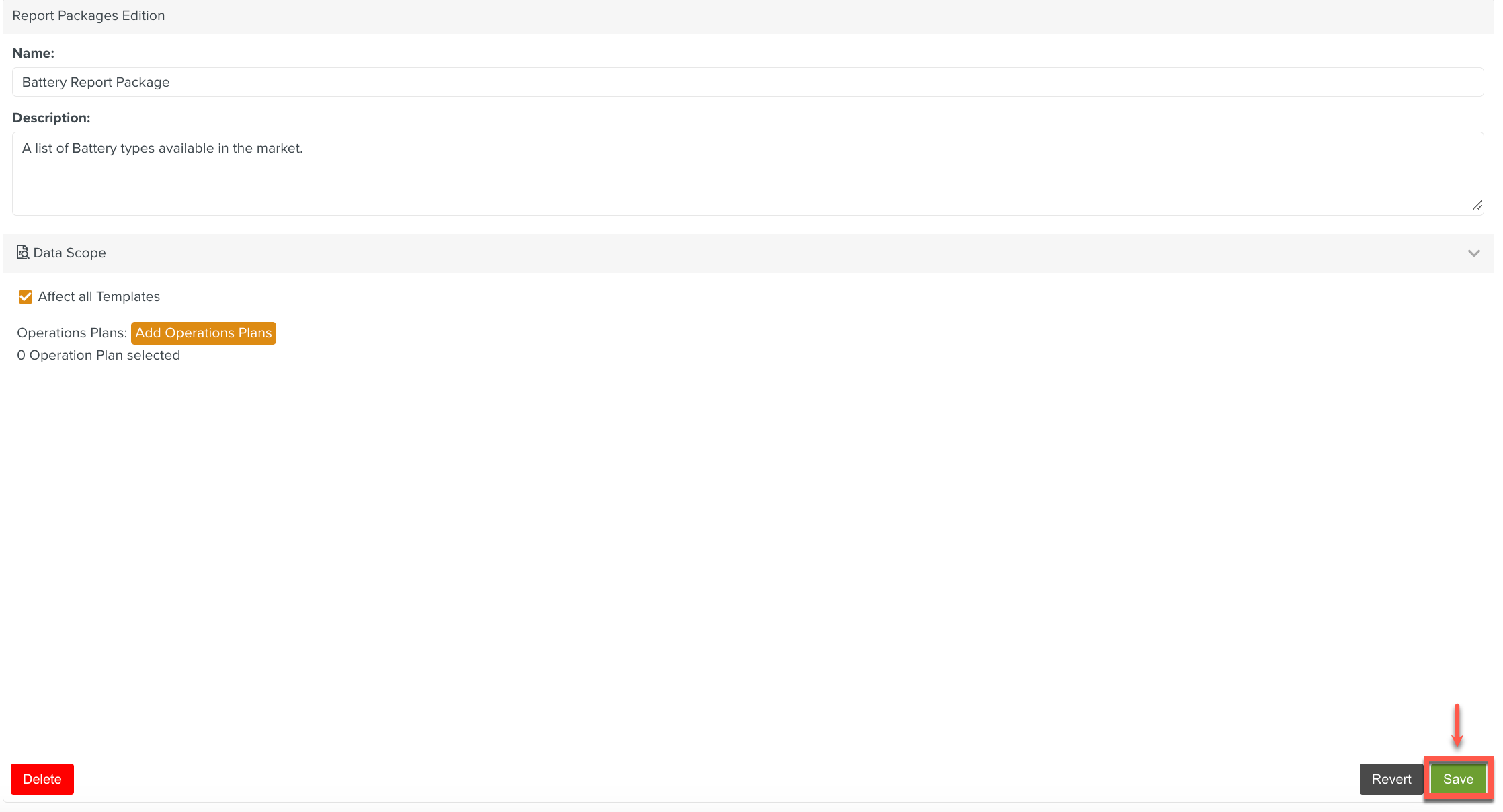
You can add Report Models to the Report Package.
Note
The Report Package can be duplicated by clicking as shown below.

On the Report Package, click
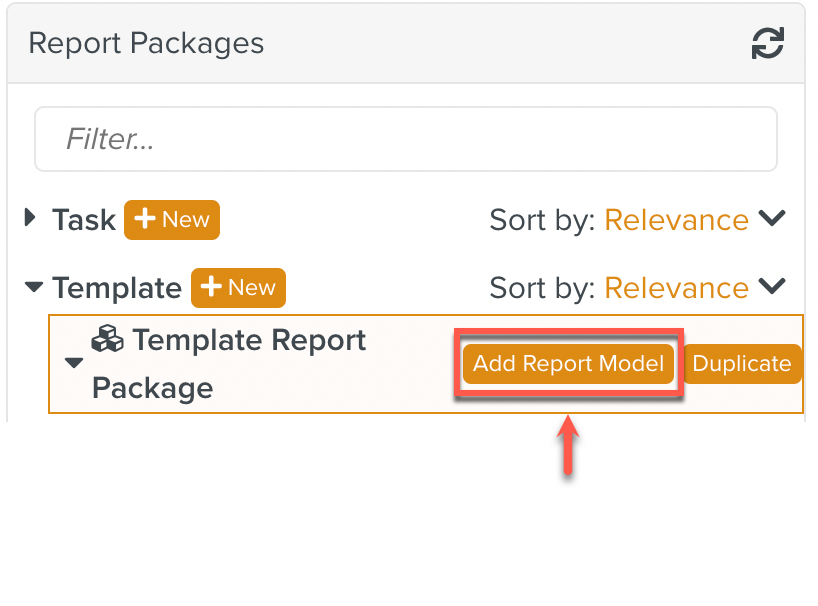
A new Report Model is added to the Report Package.
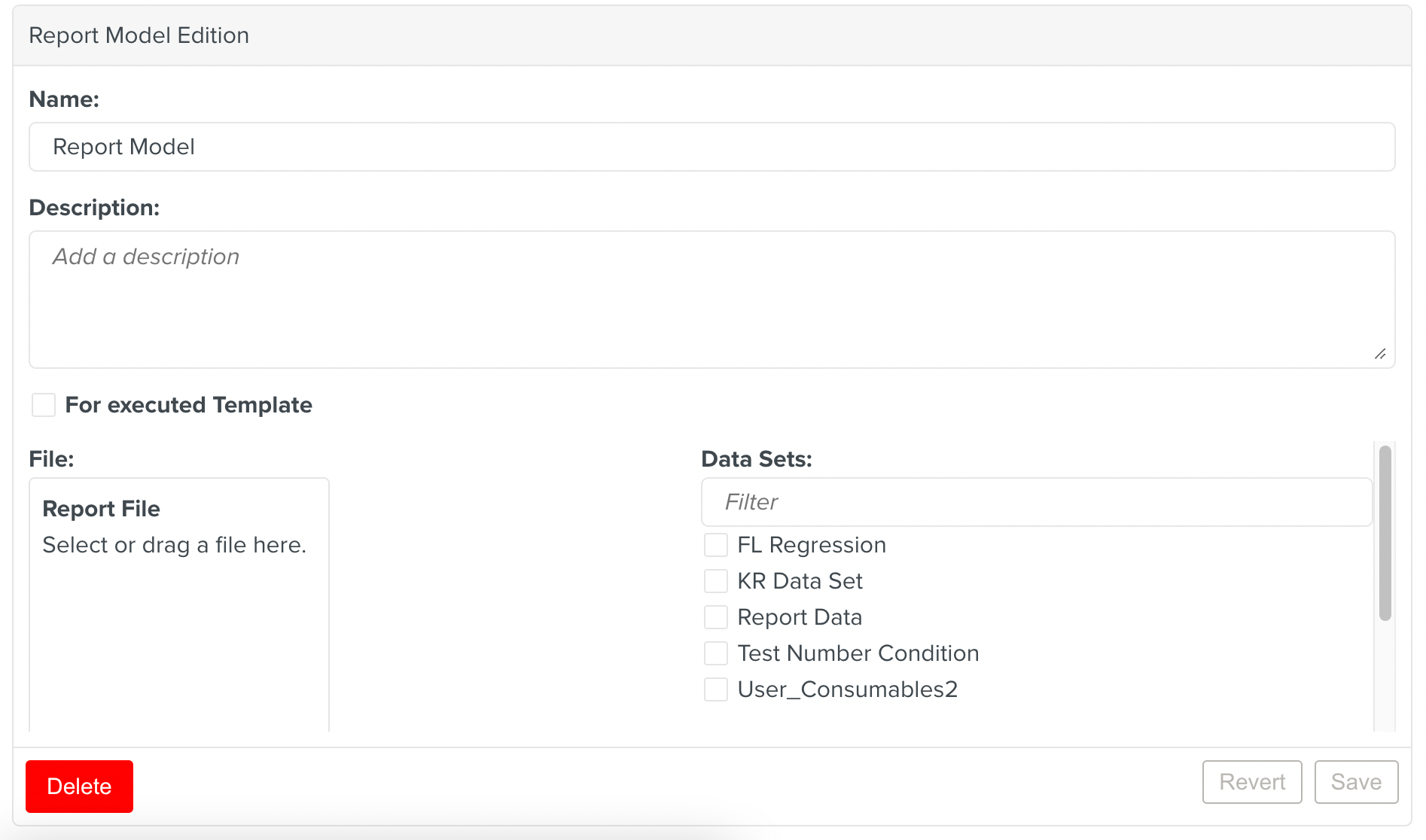
Enter a Name for the Report Model.
If is checked, this Model can be used for Jobs as well. If not, the Model is restricted to Templates alone.

In the File box, choose the required Report Model file from your computer.
Note
You can select either a .ftl document alone or an archive for PDF and HTML reports. Follow the guidelines to create the archive.
Select Data Sets if required. When a Data Set is selected, its data is added to the Report Data. The File selected in step 10 can be referred if required.
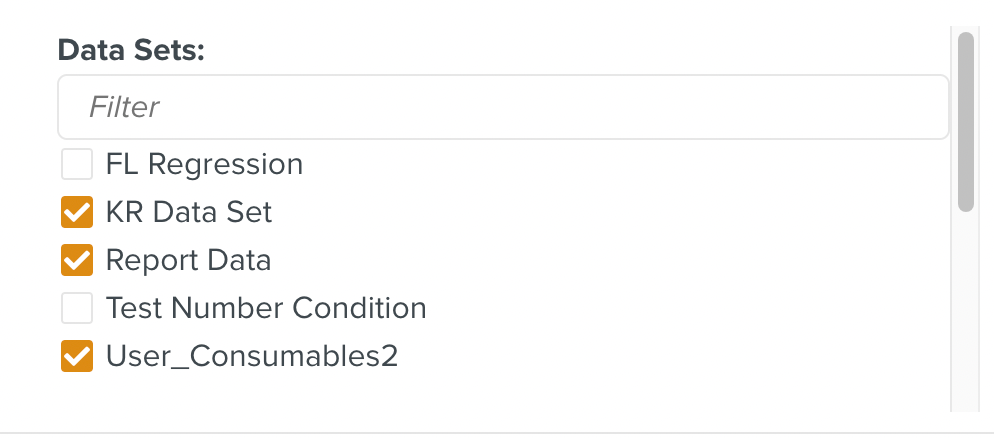
In the above example, the data pertaining to KR Data Set, Report Data and User_Consumables2 are added to the Report data. If no Data Sets are selected, then the Report cannot reference any Data Set related data.
Select the Preferred output.
The Preferred output is selected by default when you generate a Report.

Click
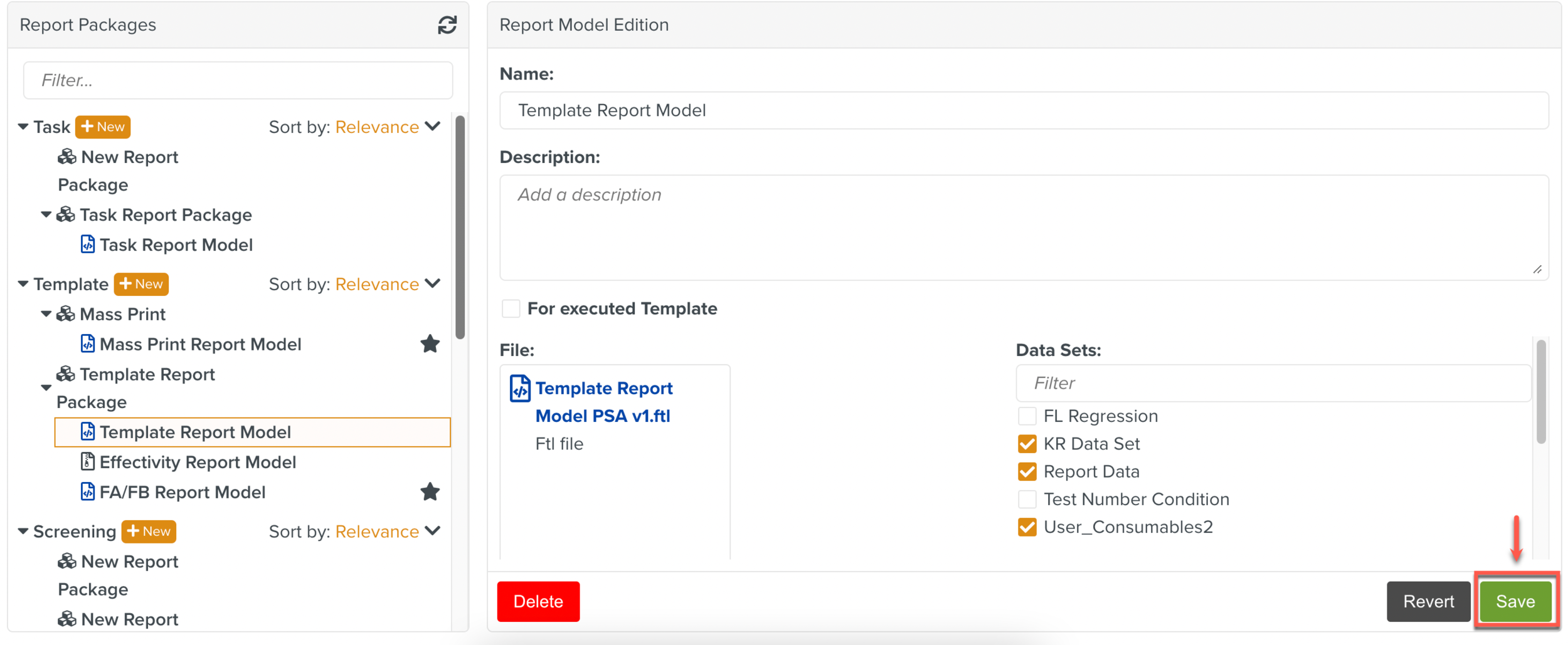
The Report Model is added to the Report Package. The Report Model defined in the Report Package is selected by default when you generate a Report.
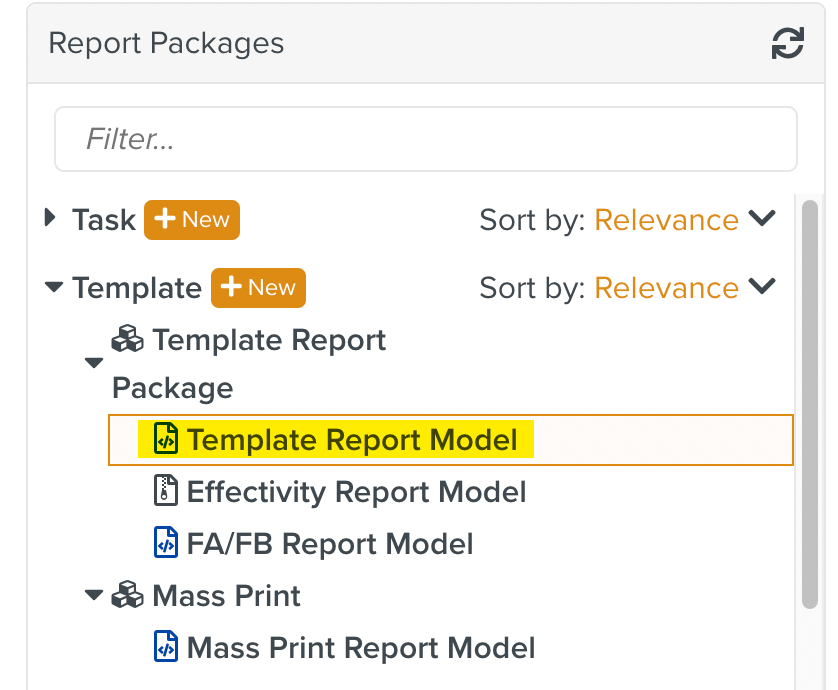
You can add several Report Models to a Report Package. Note that in the above example, Template Report Package has three Report Models under it.
You can mark a Report Model as a favorite. When more than one Report Model under a category is marked as a favorite, the list rearranges based on the alphabetic order of the selected Report Package.
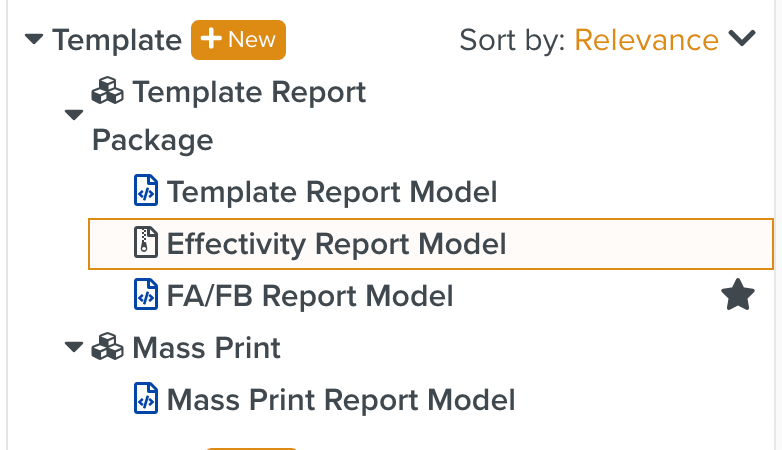
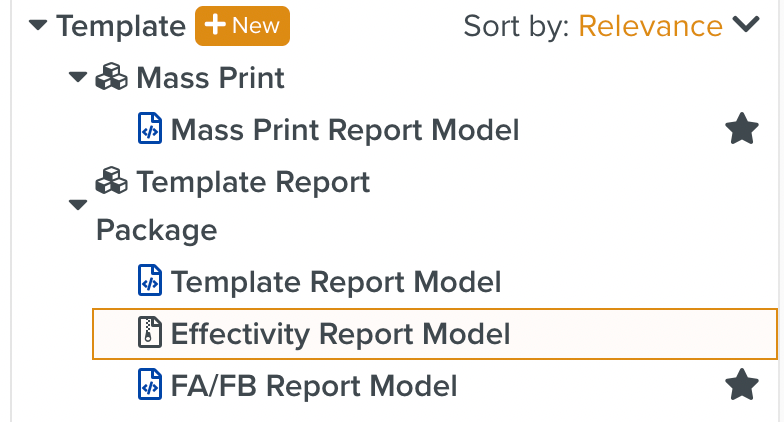
These Report Models can be selected during Report generation.
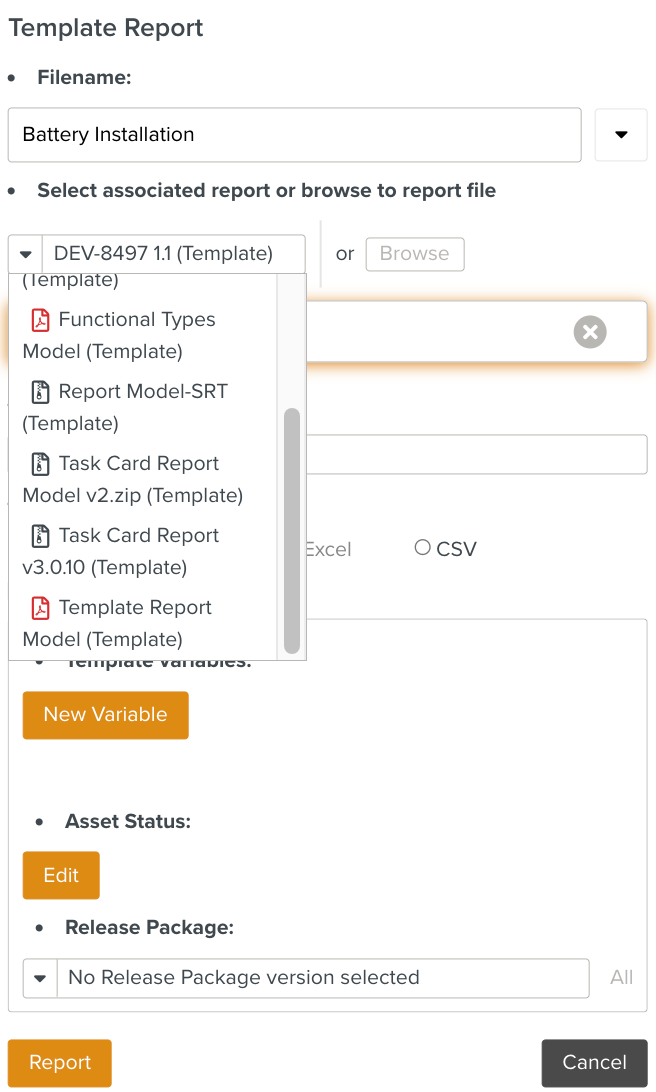
Data Scope
The Data Scope defines the scope of the Report Package.
Data Scope applies only to the Task, Template, and COP categories of Report Packages as highlighted below.
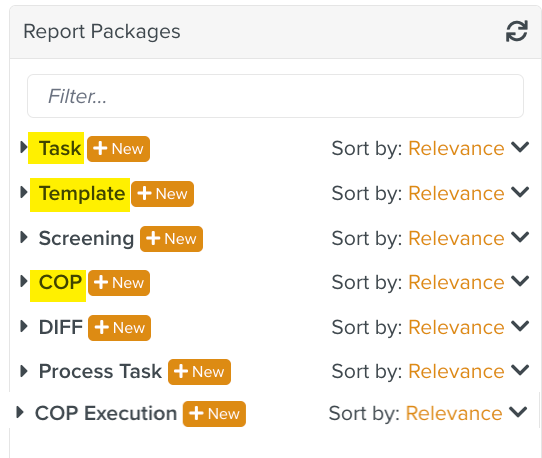 |
For Task and Template categories, you can select specific Projects, Suites/Packages or Functional Types. The Report Package can then be only used for Templates under those categories.
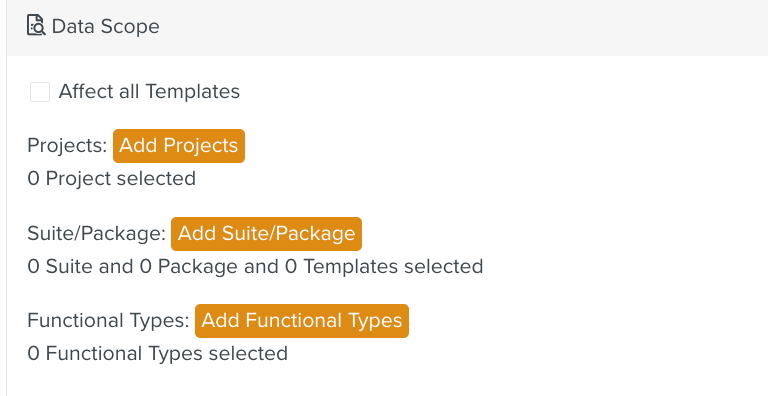 |
Checking allows the Report Package to be used by all Templates. You can also specify the Operations Plans that can use this Report Package.
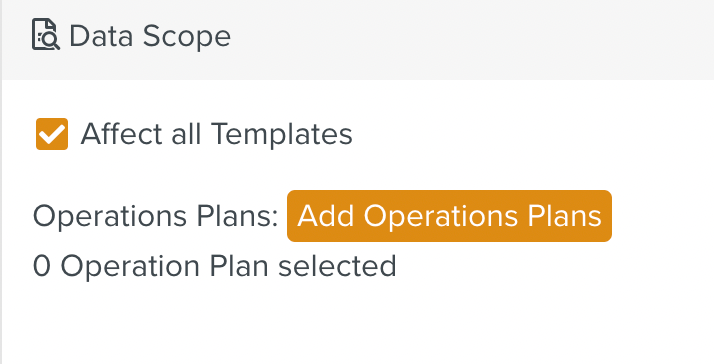 |
For COP category, specific QC plans can be selected.
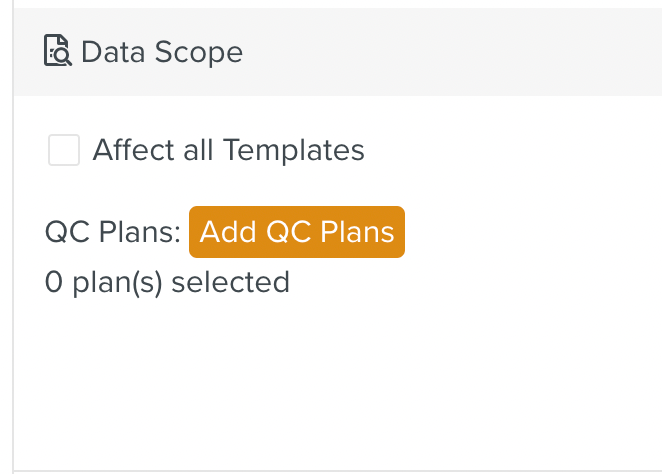 |